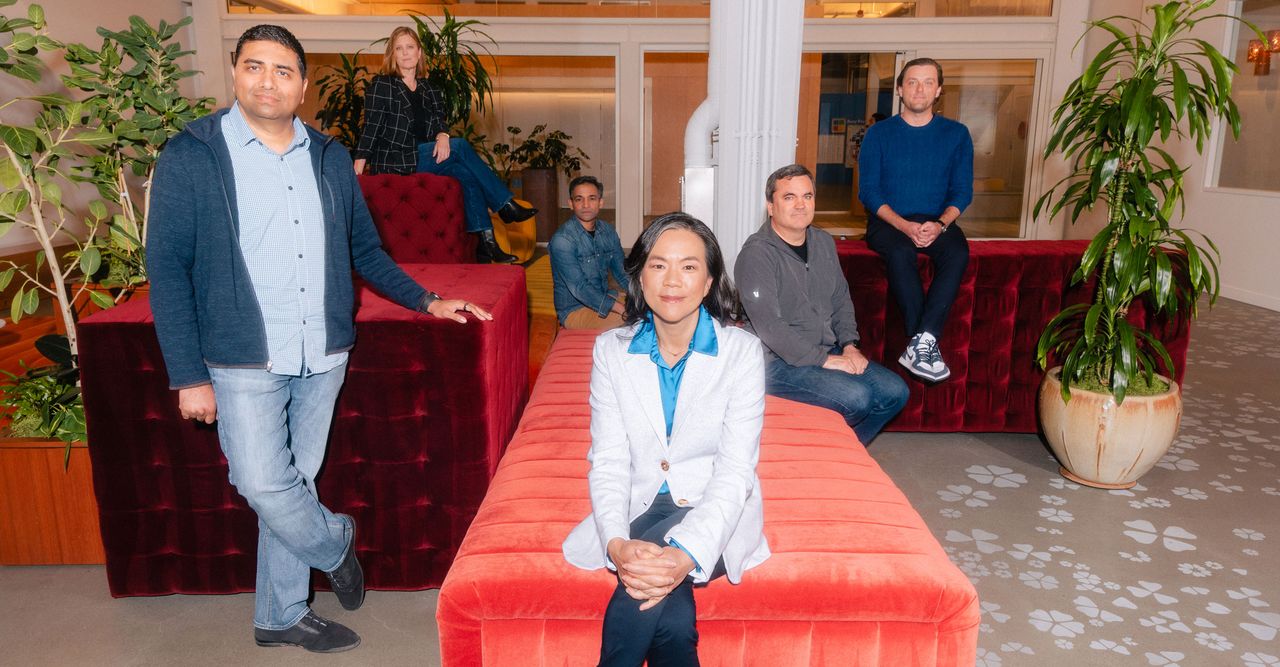OpenAI's Lead: Google's Intense Response – A Deep Dive into the AI Arms Race
The AI landscape is heating up. OpenAI's advancements, particularly with its groundbreaking models like GPT-4, have sparked an intense reaction from Google, the long-standing search giant. This isn't just a competitive ripple; it's a seismic shift in the tech world, reshaping the future of search, development, and artificial intelligence itself. This article delves into the specifics of Google's response and analyzes the implications for the broader AI ecosystem.
Google's Counteroffensive: More Than Just a Code Red
Google's response to OpenAI's lead isn't a single event but a multifaceted strategy. The company isn't just playing defense; it's actively launching its own counteroffensive, aiming to regain its position as the undisputed leader in AI.
Bard and the Search Integration: A Direct Challenge
The most visible aspect of Google's response is the launch and rapid development of Bard, its own large language model (LLM) chatbot. Directly competing with ChatGPT, Bard aims to integrate AI seamlessly into Google Search, fundamentally altering the way users interact with information retrieval. This integration is key; it positions Google to leverage its dominant search market share to propel Bard into widespread adoption.
- Enhanced Search Results: Bard's integration promises to provide more conversational, nuanced answers to complex queries, moving beyond simple keyword matching.
- Improved User Experience: The aim is to streamline information seeking, offering concise and relevant information directly within the search results.
- Competitive Advantage: By embedding Bard into its core product, Google aims to retain its user base and attract new users captivated by the innovative conversational AI experience.
Accelerated Investment in AI Research & Development
Beyond Bard, Google is significantly increasing its investment in AI research and development. This includes:
- Funding for AI startups: Google's venture capital arm is actively investing in promising AI companies, fostering innovation within the broader AI ecosystem while simultaneously scouting for potential acquisitions.
- Internal R&D expansion: The company is expanding its internal teams dedicated to developing cutting-edge AI models and algorithms, pushing the boundaries of what's possible.
- Talent acquisition: Google is aggressively recruiting top AI researchers and engineers, further solidifying its position as a leader in AI talent.
The Implications: A New Era in AI Development
This intense competition between OpenAI and Google is a catalyst for rapid innovation within the AI sector. The benefits extend far beyond the two companies, impacting:
- Faster AI advancements: The competitive pressure fuels a faster pace of development, leading to more sophisticated and capable AI models.
- Increased accessibility: As competition heats up, AI technology becomes more accessible to businesses and individuals, driving broader adoption.
- Ethical considerations: The heightened competition also highlights the importance of responsible AI development, pushing the industry to prioritize ethical considerations and mitigate potential risks.
Conclusion: The AI Race is On
The race between OpenAI and Google is far from over. This dynamic competition is reshaping the landscape of artificial intelligence, driving innovation and pushing the boundaries of what's possible. The coming years will be pivotal, determining the future of AI and its impact on our lives. Stay tuned for further developments in this rapidly evolving field.
Keywords: OpenAI, Google, Bard, ChatGPT, AI, Artificial Intelligence, Large Language Model, LLM, Search Engine, AI competition, AI development, Technology, Innovation, AI ethics.
